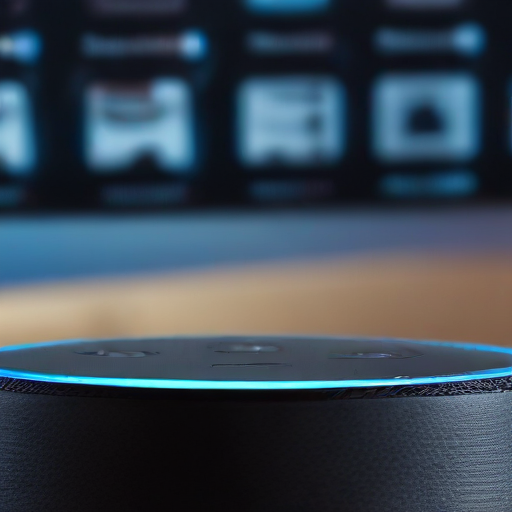Amazon’s ambitious strategy to profit from its Alexa-enabled devices has reportedly encountered significant challenges, resulting in substantial financial losses for the company. From 2017 to 2021, Amazon is said to have lost over $25 billion on its Echo, Kindle, and related devices, according to information from internal documents and unnamed sources. While Amazon enjoys a massive user base for its devices, it appears that many consumers rely on Alexa primarily for basic functions such as setting alarms or utilizing free apps, rather than making purchases on Amazon.
A former senior employee expressed concerns about the functionality of the devices, suggesting that despite significant investment in personnel and technology, the outcome has been less than expected. In light of the financial setbacks, Amazon’s CEO, Andy Jassy, is reportedly exploring a solution, which includes the introduction of a paid subscription model for its voice assistant. However, some engineers within the company harbor doubts about the effectiveness of this approach.
An Amazon spokesperson defended the company’s strategy, emphasizing that Amazon prioritizes the value created through customer interactions with its services, not just direct device sales. They highlighted that the Devices & Services division has developed multiple profitable ventures for Amazon and is optimistic about future successes.
However, the road ahead for Amazon’s new AI-powered Alexa may not be straightforward. Reports indicate that the upgraded version of Alexa, demonstrated in September, remains in developmental limbo due to insufficient data and a lack of access to necessary technology. In response to internal critiques, Amazon has stated that its Artificial General Intelligence team is well-equipped with resources, including proprietary chips and Nvidia GPUs, to pursue its goal of creating a leading personal assistant.
Despite the current challenges Amazon faces with Alexa, there is potential for a turnaround. With a renewed focus on advancing artificial intelligence and the implementation of new business strategies, Amazon has the opportunity to innovate and ultimately reshape how consumers interact with smart devices. As the market for smart assistants continues to evolve, Amazon’s ability to adapt and respond to user needs will be crucial in regaining traction and profitability in this competitive sphere.
In summary, while Amazon has experienced setbacks with its Alexa-enabled devices, the company remains committed to evolving its technology and business model. The focus on AI advancements provides a glimpse of hope that they may still achieve success in the realm of smart technology.
